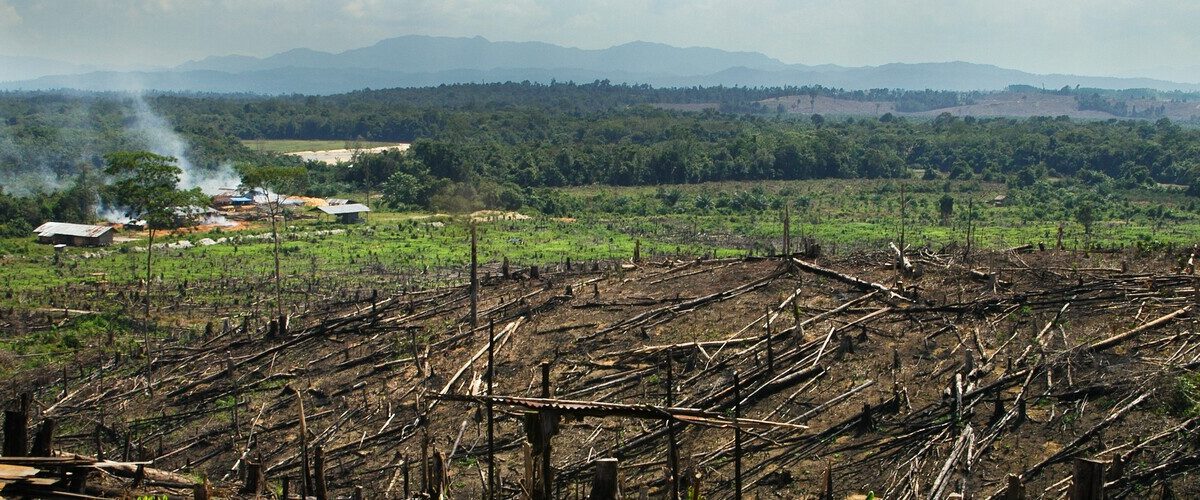Green Betrayal: How UK Policy Paralysis Fueled Global Forest Destruction

In a bold move towards environmental protection, the United Kingdom seemed poised to tackle illegal deforestation in 2021 by introducing groundbreaking "forest risk" regulations. These innovative rules targeted key imported commodities including beef, soy, palm oil, cocoa, coffee, and rubber, promising a significant step towards combating global forest destruction.
However, environmental experts and conservation advocates quickly raised concerns about the legislation's effectiveness. Despite the initial fanfare, critics argue that the regulations are disappointingly toothless, requiring substantial additional legislative action to create meaningful change.
The proposed framework, which lawmakers have been meticulously developing over the past four years, appears to fall short of the robust environmental safeguards needed to truly protect the world's critical forest ecosystems. While the intent seems genuine, the current regulations risk becoming little more than a symbolic gesture without more comprehensive and stringent enforcement mechanisms.
As the global community continues to grapple with the urgent challenge of climate change and biodiversity loss, the UK's current approach highlights the complex challenges of translating environmental aspirations into concrete, impactful policy.
